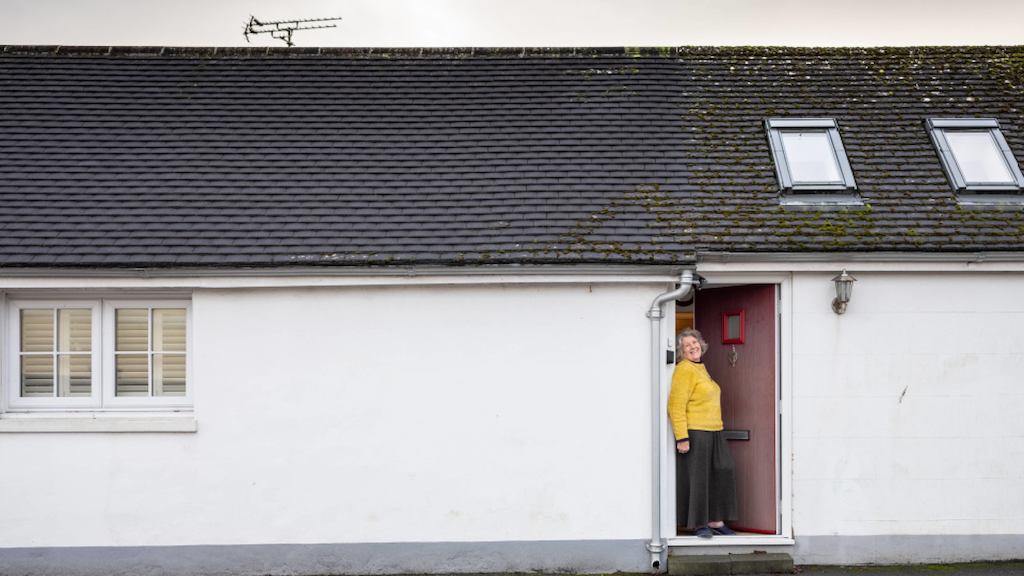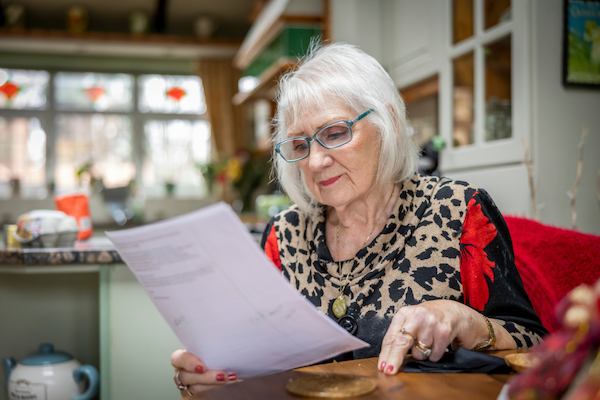Sharing the reasons they hadn’t made improvements to their homes, participants cited not having enough money and not feeling able or confident enough to get the work done. This was particularly true of older or disabled participants and people with health problems, as well as people who had suffered a bereavement. Many participants said organising repairs or improvements and finding trustworthy tradespeople to carry out the works felt overwhelming.
The idea of hubs that would provide a ‘one-stop-shop’ offering a range of different services around repairing homes, was a popular solution put forward by participants. The hubs, they suggested, could provide information and advice, access to finance options, and help to find trusted tradespeople to carry out the work.
Participants also called for greater regulation of rental properties in poor condition, and targeted investment from government in parts of the country with large numbers of poor-quality homes to help residents finance improvements.
With more than four million poor-quality homes in England putting an estimated ten million people at risk, solutions are urgently needed, according to the Good Home Inquiry. The pandemic has shone a light on poor-quality homes and its effects on health, with those most vulnerable to COVID-19 often being also the same people living in homes that don’t meet basic standards of decency. Namely older people, those with existing health conditions, people on lower incomes and those from ethnic minority groups.
Our substandard housing is also a major barrier when it comes to tackling the other great challenge of our times: climate change. The poor quality of our homes has had, and continues to have, a hugely damaging impact on the climate.
The Good Home Inquiry is an evidence-based analysis of England’s housing policies to determine the causes of, and solutions to, the poor quality of so much of our housing. It will use the findings of the public dialogue to inform the recommendations on how to improve the quality of England’s homes which will be outlined in its final report published in September.


